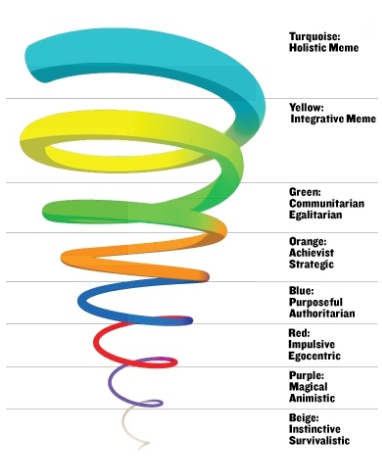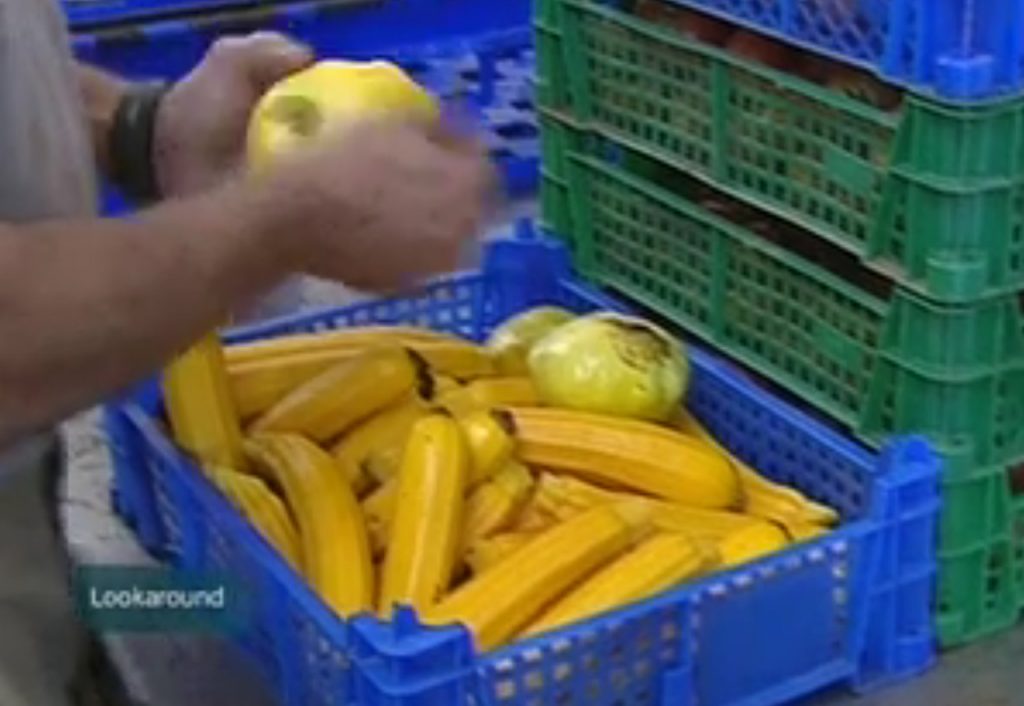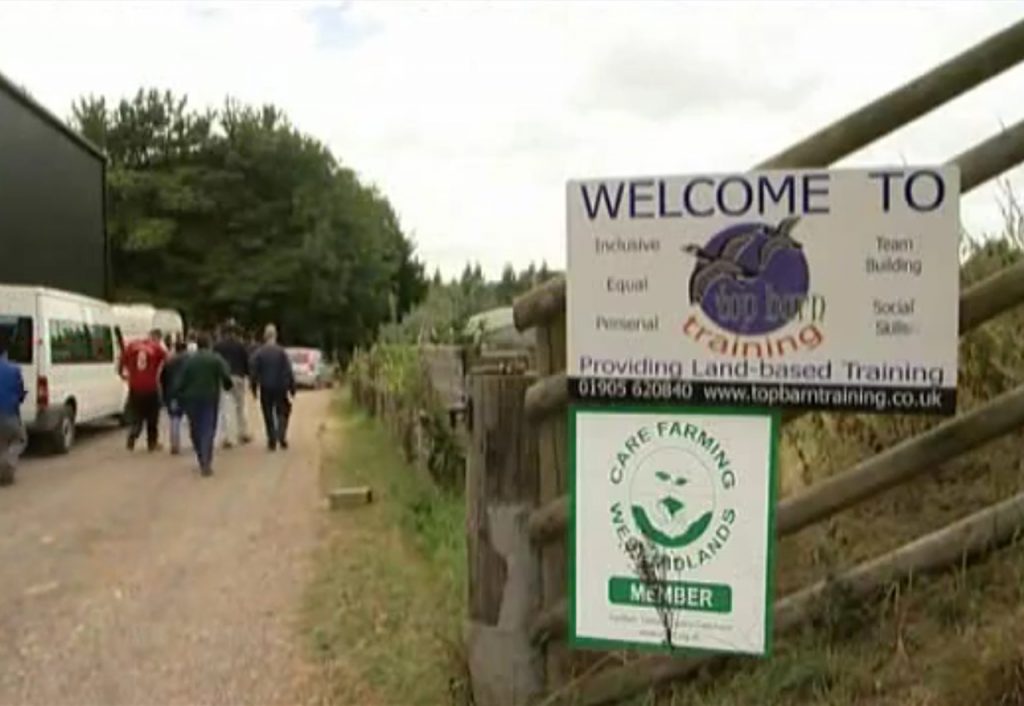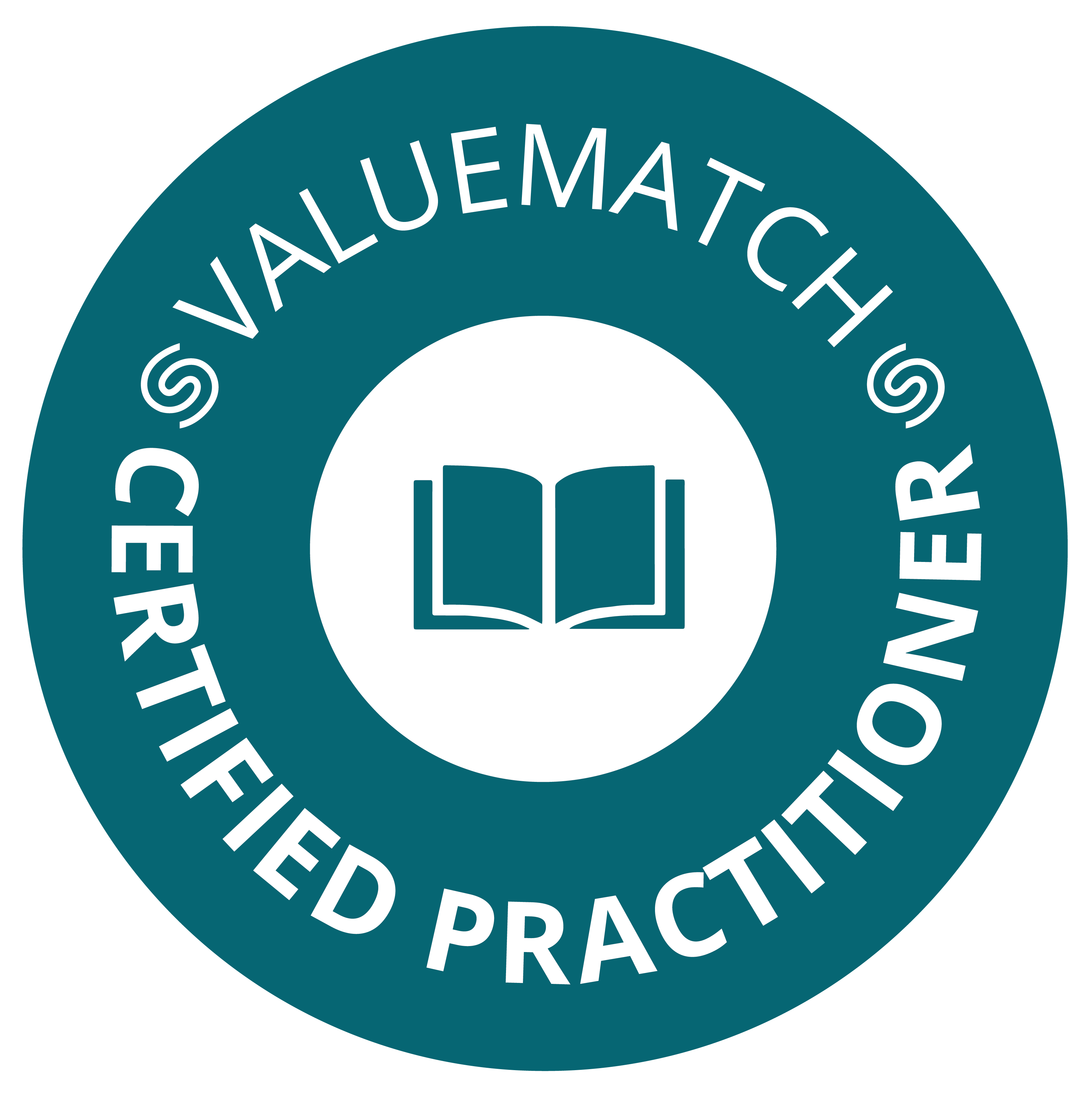Care Farming
From 2008 to 2011, a project ran across three counties of England’s West Midlands to develop new social enterprise care farms for various groups of vulnerable people. Over £600k in funding was raised to connect the sectors of farming, health and social care. Care farms provide health promoting life conditions that can meet people’s needs in ways that few alternatives can match.
Over 40 new social enterprises were successfully created across the counties of Herefordshire, Worcestershire and Shropshire, creating an autonomous self-managing health and social care system in rural areas. These small scale and distributed social enterprises benefitted from communication and control efficiencies from being at human scale. Less emails and meetings, more direct communication in small motivated working teams. The simplicity beyond complexity. What some people are calling Teal Organisation as found in Frederick Laloux’s book of Reinventing Organisations.
Several very successful care farms in the West Midlands gave their time freely as demonstration projects, such as Willowdene Farm in Shropshire and Wildgoose Rural Training Centre near Worcester. Noelle Wilson who founded and led Wildgoose provided much of the expertise for a Care Farming Starter Pack that will still be useful to many people today. For people looking for examples of large scale successful funding bids to support the development of care farms, please click here to download.
What is Care Farming?
Care farming combines care of the land with care of people in the supportive natural environment of farms, woodlands and market gardens. Care farming utilises farmer’s and grower’s expertise to provide meaningful activities, exercise and a healthy daily structure for the participant farm helpers. Time on a care farm builds confidence and supports people to develop their social and practical skills.
Care farming was brought to the UK as a concept from the Netherlands, where it spread rapidly after Dutch social services introduced personalised budgets for health and social care. These personal budgets moved the empowerment of decision making from health and social care professionals over towards clients and client families.
Benefits
Few environments provide the breadth of new opportunities that a farm can. For example, people may get involved as part of small teams planting and tending crops, looking after animals, helping in a farm shop or learning mechanics on a farm tractor. Care farming provides an engaging pathway that allows people the chance to grow with understanding that the pace of progress is different for different people.
Farm Helpers
People who attend care farms can come from a variety of backgrounds. Some may need some support to recover from mental health problems, some may be homeless or ex-services, some will have a learning or physical disability, some will be older people, others will benefit from care and structure to overcome substance misuse and some will be excluded or at risk of exclusion from school. Some farms provide opportunities for specific groups and some farms for a wider mix of people.
Yellow: Coaching the development of self-managing care farms with evolutionary purpose.
Green: Connection to the farm community and supportive natural environment, away from many urban trigger points.
Orange: Care farms set up on working farms to tap into the normal productive flow and drive of self-employed farmers. The farming community have multiple skills to offer beyond just farming.
Blue: Dealing daily with the unpredictability of nature develops farmers values for healthy structure and order, both internally and externally. Very supportive for those arriving from chaotic lives.
Red: Many jobs requiring a healthy expression of power from digging and pruning to working with large and small animals, equipment and machines.
Purple: Safe and secure family atmosphere and often run by caring farming families. Rituals of the land – feeding animals, sowing, planting, harvesting.
Beige: Healthy daily meals from produce that farm helpers have planted and harvested. The ancient connection of hands in the soil.

Land Based Projects – farms, woodlands and market gardens all have potential to develop as care farms.
Social Services and Healthcare Practices – seeking service improvements whilst balancing budgets. The improvements that people can make in their lives as a result of spending time on a care farm translate into lower costs due to reduced time in service, reduced medication and a more sustained recovery. This can be especially true in counties with rural areas where health and social care provision can be lacking.
Universities – Integral View offers guest lectures to provide a fresh perspective that has been shown to inspire students at both undergraduate and masters level. Care farming brings together an unusual combination of land use, social care and sustainability and so tends to be very stimulating and thought provoking.
I brought presentations covering the concept and development of care farming into a leading edge MA Programme with great success. Care farming provided a practical and sustainable innovation that meets complex issues facing society, particularly by connecting health, interaction with the natural environment and land use. The presentations were uplifting and inspired students to develop their own work along care farming lines.
— Professor Shirley Garner.
Care Farming YouTubes
jonathan@integralview.co.uk





